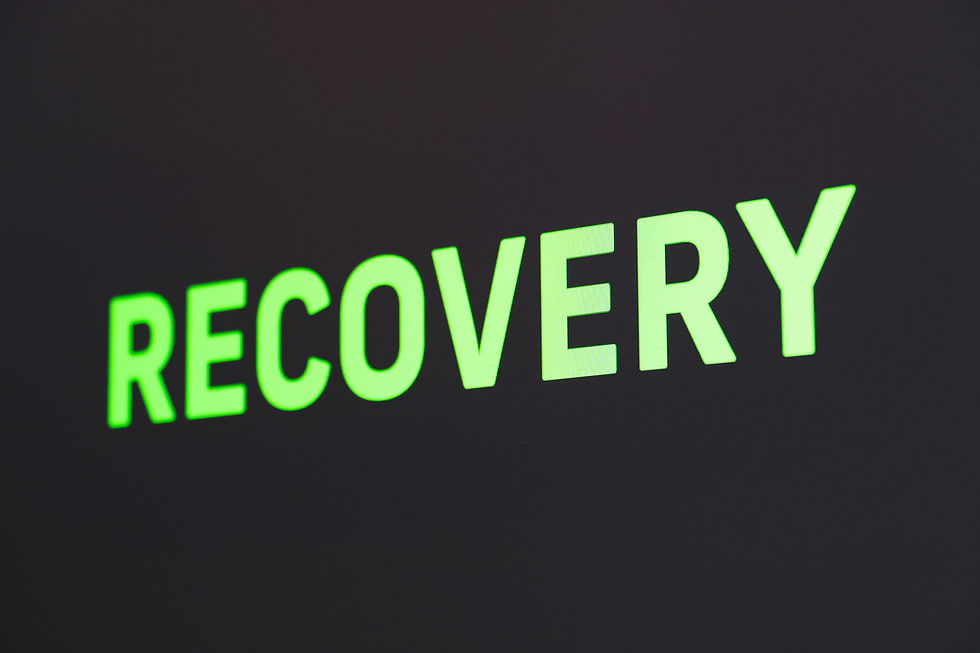Recovery- Oriented Systems of Care (ROSC) created and infrastructure or “systems of care” with the resources to effectively address the full range of substance use problems within communities.

When we think of addiction, we often just think of the person suffering with the disease. We do not include the family, friends or community who also becomes part of the struggle. And for that reason, Substance Use Prevention & Recovery (SUPR) has implemented local ROSC Councils in eight communities through its Recovery-Oriented Systems of Care – Illinois Statewide Network (ROSC-ISN) program to assist with uniting and providing education, support, resources, and collaborations.
Dr. White has lived on the Far Southside of Chicago for most of her life and she saw crack cocaine come in and take out an entire generation, communities, family, and friends. Therefore, prompting her to become a community activist for this side of town. In all her efforts she was able to get the Far Southside of Chicago recognized as an area that was in dire need of support, collaborations, and resources which opened the door for TEECH to become the first ROSC on the Far Southside of Chicago.

The Far Southside ROSC (TEECH) has been in existence 3 years, and we have made great strives on the Far Southside of Chicago. We have collaborated with many organizations and addressed barriers that has enhanced communities. We work hard at listening to the people which has allowed us to address the Opioid crisis appropriately with becoming the first Drug Overdose Prevention Program on this side of Chicago. We were able to collaborate and get instant detox, treatment, and other services for those with and without insurance. Along, with ensuring we had PPE’s and COVID essentials to give out to our communities. Along with our partners we are bringing activities back to the communities, families reuniting, employment for returning citizens, education, closing food deserts, recovery in multiple areas, and beautification of neighborhoods.
FSSRI collaborates directly with the community with the goal of creating healthy communities.
Please join us monthly in our ROSC meetings. Upcoming August & September 2022.
To ensure you are getting all updated information about the FSSRI please email us your email address so we can put you on our mailing list to svdbygraceandmercy@sbcglobal.net.

What is ROSC
ROSC is an organizing paradigm for addressing substance use disorders through a supportive network of individual and societal factors.
ROSC is a network of organizations and services within the community that provides resources and solutions to those in or seeking recovery, family, friends, and the community.
The Core Values of a Well-Designed ROSC
Assure that recovery-oriented strategies are an integral part of all systems.
Offers equal opportunity for holistic wellness.
Embraces cultural diversity.
Acknowledges the role that spirituality can play in the recovery process.
Requires data-informed decisions.
Use of language that is not stigmatizing.
recognizes the special need to address children’s recovery.
Collaboration across agencies and service systems.
Values Recovery as the focus in all phases of addiction services, from community-based prevention to acute care to community integration.
Is trauma informed.
Is developed, implemented, managed, monitored and evaluated in partnership with people in recovery, their families, and advocates.
ROSC was developed to provide a broad range of recovery support by recognizing the impact of addiction on family, friends and communities and inviting them into the process. There are many paths one can take to overcome addiction; and Far South-Side ROSC (TEECH) adopted the ROSC model to assist participants in exploring what works for them. It is a community effort designed to reduce the stigma associated with addiction, include those who are invested in the success of the participant, and provide support so they family can rebuild.
Below is a recovery-oriented systems of care model to illustrate the numerous factors that directly and indirectly affect one’s recovery from a substance use disorder.

Addiction affects us all in one way, it can be personally within our families or visible within our communities…it is just not the problem of the person with the addiction.
90% if smokers started smoking before they turned 19.
54.9% of people reported they have drunk alcohol in the past month, as alcohol statistics disclosed.
Since the start of the COVID-19 pandemic, overdoses have increased by 50% in the US.
Video game addiction statistics disclosed that 12% of boys and 7% of girls are addicted to video games.
Young people aged 18 to 25 are the most likely to have problems with prescription drug abuse.
Smartphone addiction statistics find that 33% if teens aged 13 never turn off their phones.
18 million people have abused prescription drugs at least once in their lives.
Addiction statistics for 2020 show that 0.5% of 8th graders have used heroin in their lifetime.
30% of marijuana users are in danger of developing a marijuana use disorder.
7.5 million people aged 15-34 have used cocaine at least once.
Multiple Pathways to Recovery
The ROSC model has found multiple pathways to recovery as an effective method to long-term recovery.
There are many paths to recovery. People will choose their pathway based on their cultural values, their socioeconomic status, their psychological and behavioral needs, and the nature of their substance use disorder.
Multiple pathways of recovery are defined as those practices, programs, rituals, and customs people use to maintain and sustain recovery. In comparison pathways to recovery can range from crisis event like treatment, experience within the criminal justice system, or a personal epiphany.
Examples of Multiple Pathways to Recovery
Employment, peer-recovery, recovery residences, clinical treatment, recovery community organizations (e.g., recovery community centers), and faith-based recovery services, religious institutions, educational institutions, recovery support programs, etc.)
Goal = Wellness
SAMHSA’s 8 Dimensions of Wellness

1750 W. 103rd | Chicago, Illinois 60643 | www.teechfoundation1.org


Comments